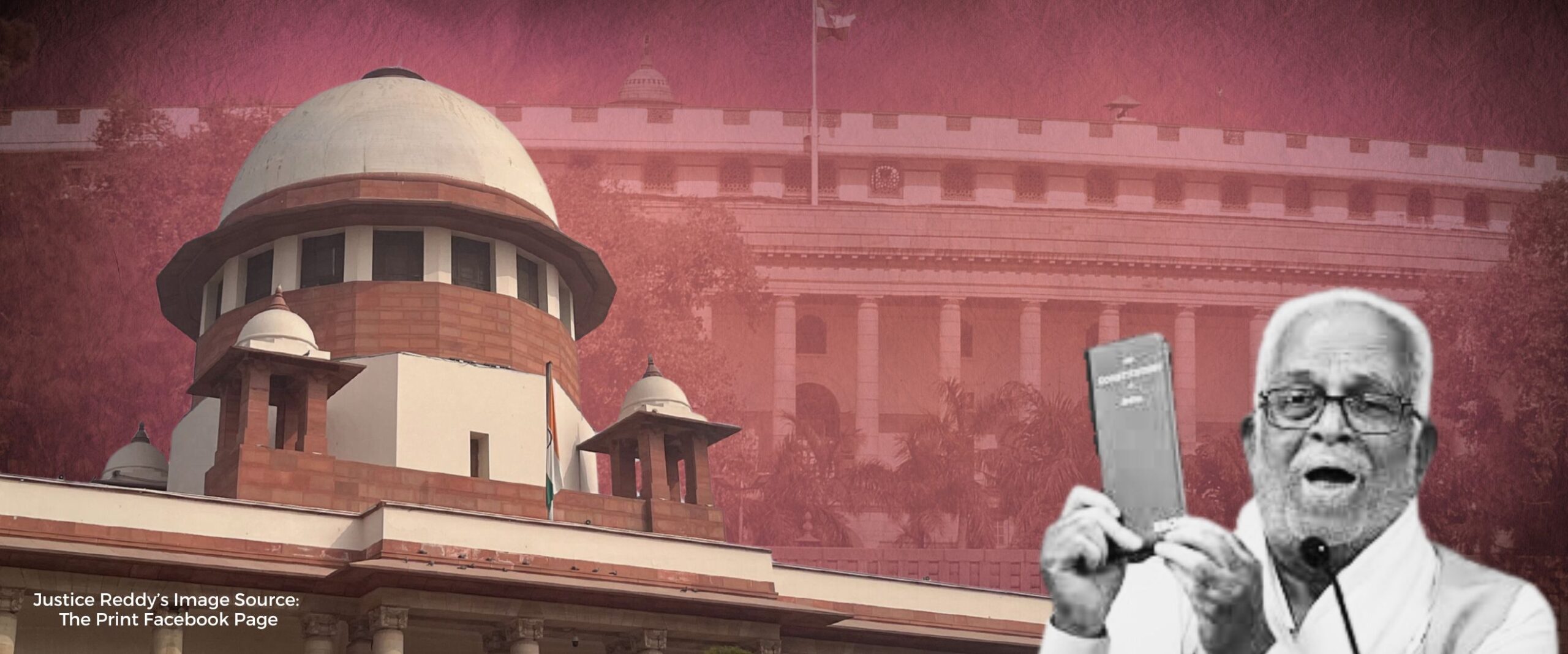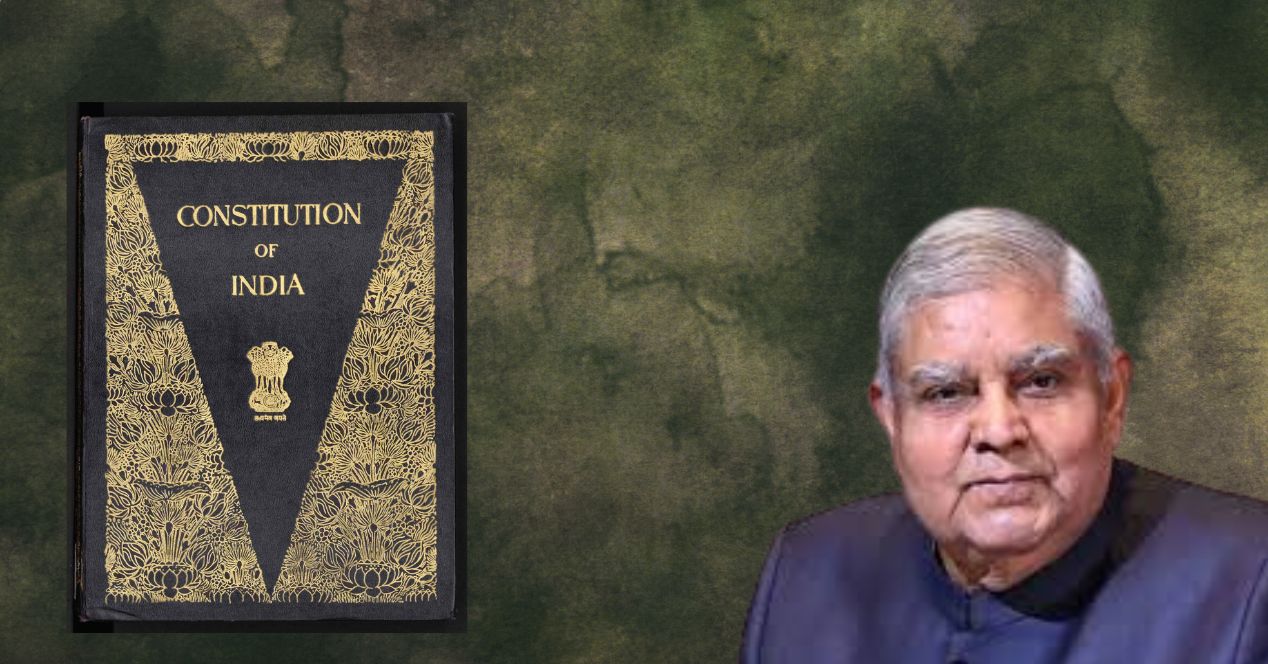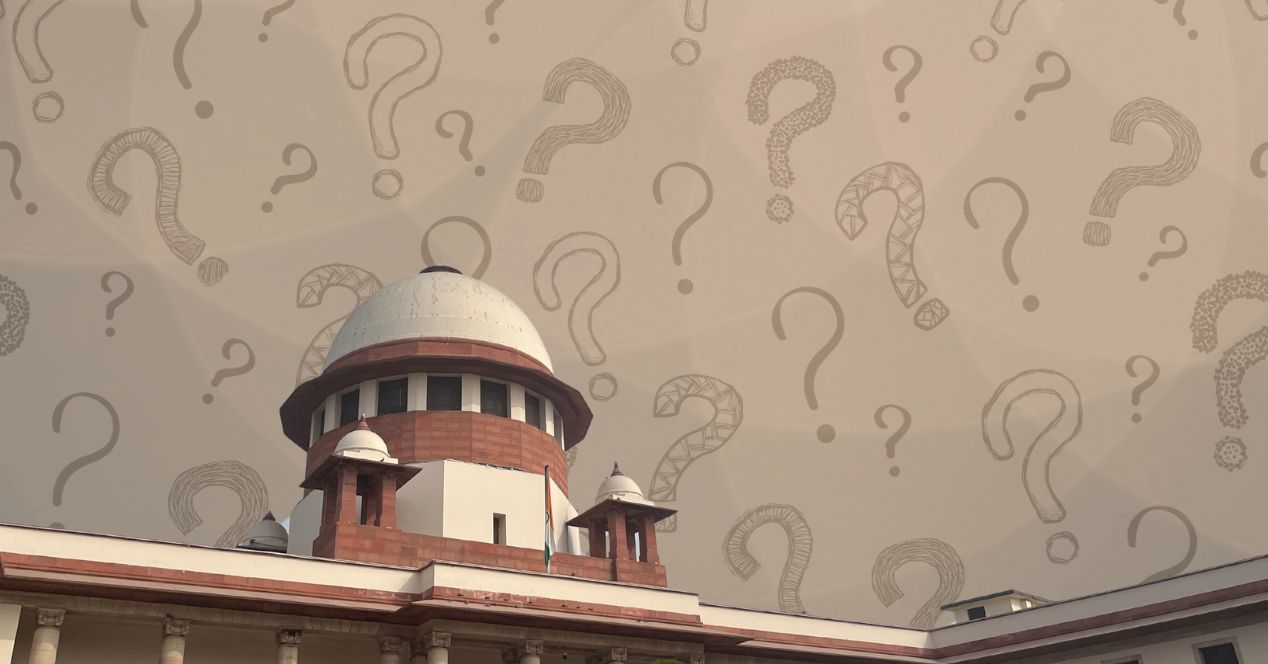Analysis
Old verdict, new divisions
In the recent debate around VP candidate Justice Reddy’s 2011 verdict in the Salwa Judum case, Maoism is the straw man

Rarely does a Supreme Court Order from 15 years ago resurface as the centrepiece of a political contest. Earlier this week, Home Minister Amit Shah attacked the Court’s decision in Nandini Sundar v State of Chhattisgarh (2011) as ideologically inspired. He blamed it for delaying the elimination of the Maoist problem. Shah had been asked about B. Sudershan Reddy, the INDIA bloc’s pick for the Vice President’s post. Reddy was on the two-judge Bench that decided Nandini Sundar.
In that case, the Court had struck down the Chhattisgarh government’s Salwa Judum initiative, which was centred on recruiting tribal youth as Special Police Officers to combat Maoists.
Shah’s remarks triggered a split among retired judges. Eighteen of them, including Justices Kurian Joseph, M.B. Lokur and J. Chelameswar, issued a statement in support of Justice Reddy. They warned that the episode could cause a “chilling effect” on judicial independence and added that Shah had “misinterpreted” the Order.
Soon after, 56 others issued a counter, warning that endorsements of political candidates risked undermining judicial neutrality (although a subsequent Facebook post by journalist Siddharth Varadarajan noted that two of them denied having signed the statement). This group, which includes ex-CJIs Ranjan Gogoi (now Rajya Sabha member) and P. Sathasivam (a former Governor), proclaimed that the statement of the 18 judges “cloaked their political partisanship under the language of judicial independence.”
One glance at the case file of Nandini Sundar suggests that Shah’s portrayal of the judge as “pro-Naxal” overlooks the record. The 2011 Order does not condemn the State’s right to use force against Maoists—it challenged the idea of arming untrained civilians. Also—the matter was formally disposed of only in May this year, when a Bench dismissed a challenge to Chhattisgarh’s Auxiliary Armed Police Force Act, 2011. The petition contended that the legislation revived the Salwa Judum under another name.
If we are to go back, we should note that sociologist Nandini Sundar’s original petition was based on a 2006 fact-finding report by the Independent Citizens’ Initiative. The committee included Harivansh, who went on to write a book chapter where he acknowledged that Naxals inspire sections of society.
Harivansh, now the Deputy Chairman of the Rajya Sabha, is from the Janata Dal (United), which is a key partner of the ruling coalition led by the Bharatiya Janata Party (BJP). Crossed lines such as these are a regular feature of parliamentary democracies. And if you’ve followed Indian politics for the past decade or so, a revisionist reading of a past judgement in the heat of an electoral contest shouldn’t come as a surprise. In this same period, you would have seen retired judges attaching their names to issues that make headlines.
In 2022, for instance, after a Supreme Court judge remarked that a BJP spokesperson’s comments about Prophet Muhammad had “set the entire country on fire,” a group of retired judges were among those who signed an open letter criticising the Court’s observations as judicial overreach. In April 2024, a group of 21 retired judges wrote to then CJI D.Y. Chandrachud about the need to safeguard the judiciary from “unwarranted pressure”.
In response to a question about Shah’s comments, Justice Reddy noted that he may have authored the 2011 Order, but it was the “Supreme Court which is speaking.” In the same interview, he accused the BJP of “trying to set up a narrative” and said that the VP election had “become an ideological fight.” But when has it not been, at least in recent memory?
This kind of sparring is par for the course. The only overreach here is of those who won’t engage with the actual Order. There is nothing preventing judges from becoming political actors once they demit office. Even those who say they are running for an office which is “not political” (as Justice Reddy has) know that they may be called on to defend their judgements in public.
What they, and their rivals, say in this context should be taken in the political spirit. The verdicts themselves will continue to live on in the public record—and so will an account of the times when they were pronounced.
This article was first featured in SCO’s Weekly newsletter. Sign up now!




